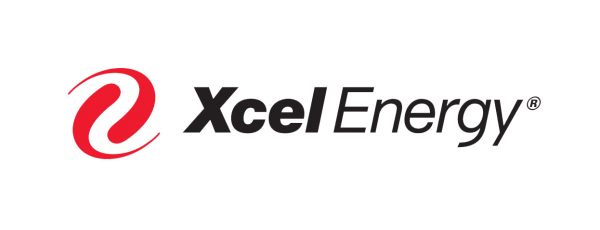Environmental consultants are professionals who understand the codes, laws, regulations and standards for construction, safety or health. This is somewhat of a catch-all title, as anyone who deals with “The Environment” as a profession can call themselves environmental consultants. The job of an environmental consultant might be to conduct a full environmental audit or determine a company’s ecological footprint. Or an environmental consultant will specifically evaluate your carbon dioxide emissions and recommend steps to significantly cut emissions. Other consultants specialize in advising private firms and public agencies to help them create a safer and healthier environment for their employees.
Starting an environmental project using your own personnel can save you money in the short run, but hiring an environmental consultant to supplement your in-house staff may help you complete the project more efficiently. The skills and expertise that environmental professionals have to offer vary greatly, however, so you’ll want to be sure your project’s scope matches your consultant’s abilities. To do so, you’ll need to understand both your own project’s needs and the consultant’s role.
Some questions to consider when developing your objectives for a potential consulting project (you may want to have an environmental consultant help you answer these initial questions, for a small fee):
- What environmental regulations apply to your business?
- What changes will be necessary to achieve compliance with these regulations?
- If your business is already in compliance with the applicable regulations, what are your other environmental objectives, such as pollution prevention?
- What is the timetable for completing the project?
- How much money can your company devote to the project (both in capital costs and consulting costs)?
- What are the projected cost savings and payback period?
- What is the company’s commitment to the project?
- What parts of your operation, if any, will require changes to meet your objectives?
- If changes to production processes are required, will your staff need to change the way they do their jobs and will they need to be trained to properly implement production process changes?
- How much of the project work can be done by your staff and how much must be done by an outside person or firm?
- What resources are available free-of-charge through equipment vendors and public information sources, such as libraries and public technical assistance programs to help you complete the project?
Free Technical Assistance Services:
Minnesota Technical Assistance Program
McNamara Alumni Center, University of Minnesota Gateway
200 Oak St. Suite 350
Minneapolis, MN 55455
612-624-1300
Hennepin County Environmental Services
Business Waste Reduction Program
Hennepin County Environmental Services
417 N. 5th St.Minneapolis, MN 55401-1397
612-348-6509
Minnesota Retired Engineers Technical Assistance Program
2801 21st Ave. S.
Minneapolis, MN 55407
612-278-7123
Member-Supported Technical Assistance Services:
Minnesota Waste Wise (an affiliate of the Minnesota Chamber of Commerce)
30 E. 7th St. Suite 1700
St. Paul, MN 55101
651-292-4650 or 800-821-2230
Private Consultants:
e4 partners
2801 21st Ave. S.Suite 225
Minneapolis, MN 55407612-278-7140
Email: mail@e4partners.com
Materials Productivity LLC
6701 Penn Ave. S.Suite 200
Richfield, MN 55423
612-243-3605
Email: tfoecke@matprod.com
Pinnacle Engineering
11000 93rd Ave. N.
Maple Grove, MN 55369
763-315-4501







